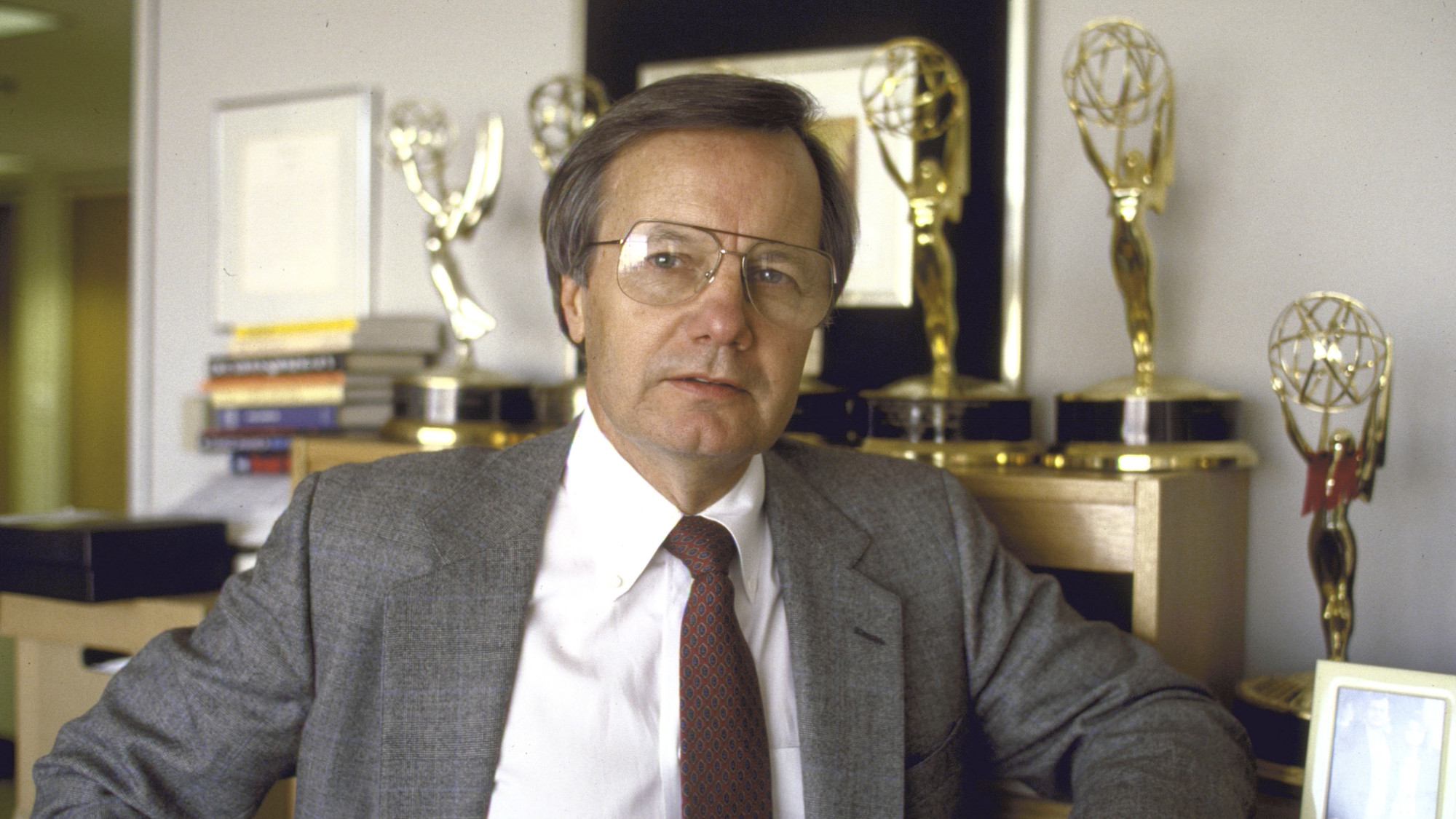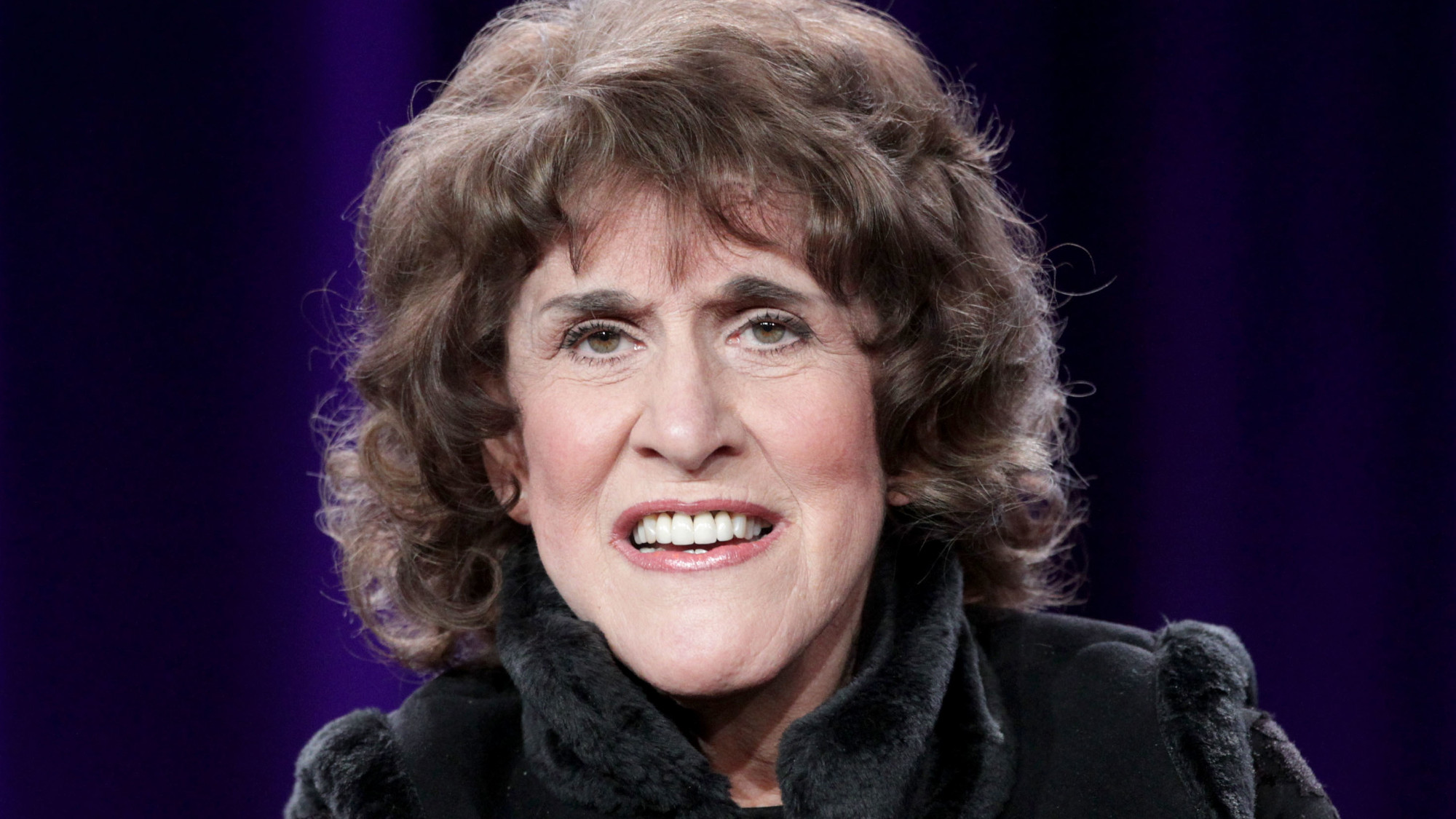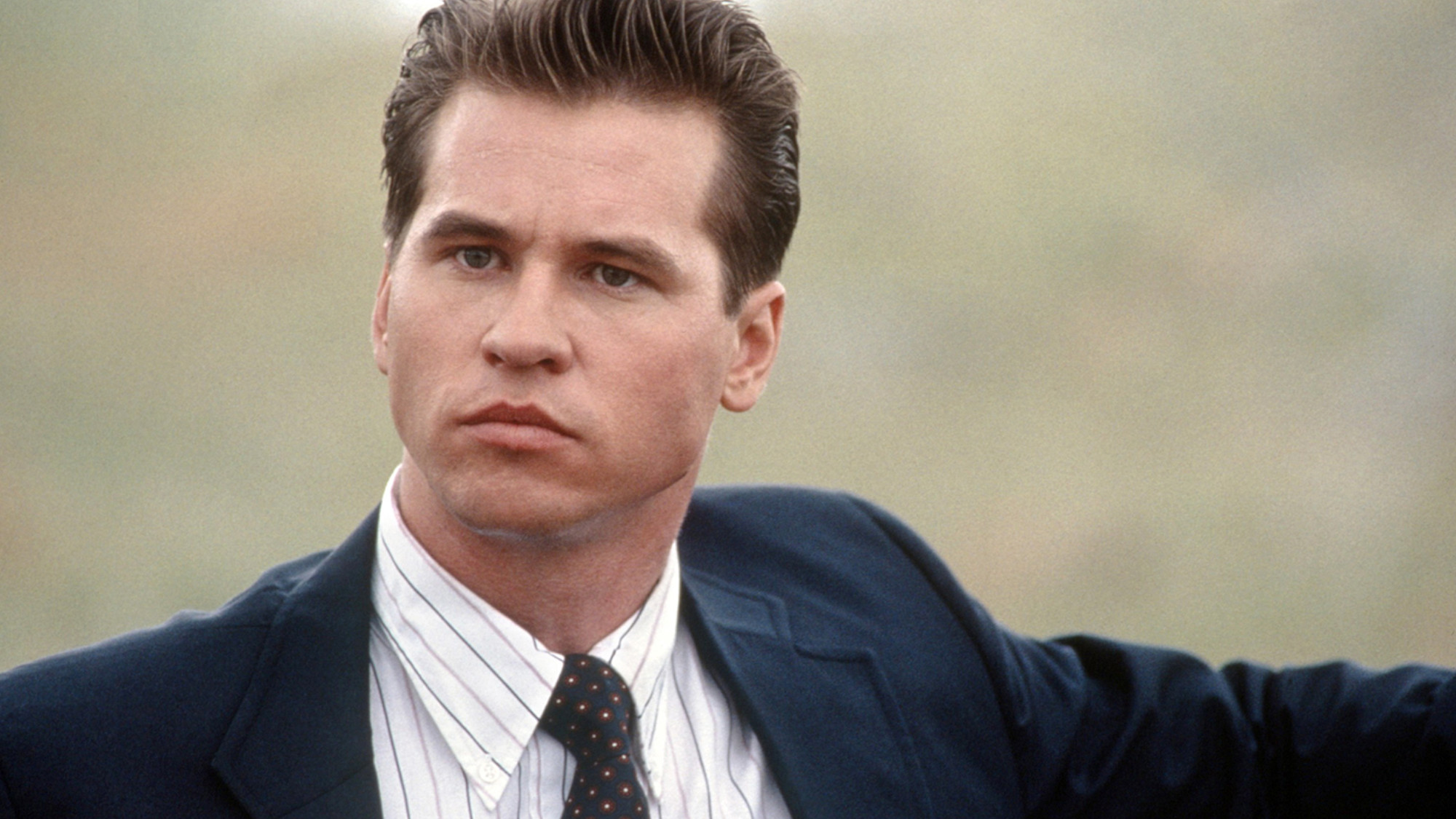John Kluge, 1914–2010
The immigrant who built a media empire
A free daily email with the biggest news stories of the day – and the best features from TheWeek.com
You are now subscribed
Your newsletter sign-up was successful
John Kluge transformed himself from an immigrant teenager doing odd jobs into one of America’s wealthiest men, yet he never shed some of the frugal habits of his youth. Once dubbed a “cheapskate billionaire,” Kluge would leave his coat in the car to avoid tipping a coat checker. “I was always afraid of being a charity case,” he said.
Born in Chemnitz, Germany, as a child Kluge moved with his mother and stepfather to Detroit. He handed out communist literature in his youth and made it through Columbia University on a scholarship and $7,000 in poker winnings. But after college, Kluge got down to business, taking a job at a small paper company in Detroit. “Within three years he went from shipping clerk to vice president and part owner,” said The New York Times. In 1946, after serving in World War II, Kluge put together an investment group to buy a Maryland radio station, launching his media career.
Kluge proceeded to buy and sell more radio stations and branched out into food wholesaling, said The Washington Post. Then in 1959 he bought the failing DuMont television and radio network from Paramount, “which he grew into the nation’s largest independent television business.” Along with seven television stations, the company, renamed Metromedia, acquired a billboard company, the Harlem Globetrotters, the Ice Capades, and Orion Pictures. His “most daring achievement” was taking Metromedia private in 1984, in a pioneering leveraged buyout.
The Week
Escape your echo chamber. Get the facts behind the news, plus analysis from multiple perspectives.

Sign up for The Week's Free Newsletters
From our morning news briefing to a weekly Good News Newsletter, get the best of The Week delivered directly to your inbox.
From our morning news briefing to a weekly Good News Newsletter, get the best of The Week delivered directly to your inbox.
Kluge eventually netted $2 billion selling the company piecemeal to Rupert Murdoch, said The Wall Street Journal. Then Kluge turned to international telecoms, “founding some of Eastern Europe’s cellular networks and doubling his fortune by 1989, when Forbes named him the richest American, with a fortune of $5.2 billion.”
Thrice-divorced, Kluge paid a $1 billion settlement to his third wife and lost a fortune when a chain of steakhouses in which he had invested nearly $1 billion went bust. But he lived lavishly, amassing glittering estates, a large yacht, and a sizable art collection. Kluge pledged $400 million to Columbia University upon his death. “Work isn’t really work for me,” Kluge said in 1990. “I didn’t think I’ve ever really ‘worked’ in my life because ‘work’ to me means that you’re doing something that you don’t like.”
A free daily email with the biggest news stories of the day – and the best features from TheWeek.com
-
 ‘Restaurateurs have become millionaires’
‘Restaurateurs have become millionaires’Instant Opinion Opinion, comment and editorials of the day
-
 Earth is rapidly approaching a ‘hothouse’ trajectory of warming
Earth is rapidly approaching a ‘hothouse’ trajectory of warmingThe explainer It may become impossible to fix
-
 Health insurance: Premiums soar as ACA subsidies end
Health insurance: Premiums soar as ACA subsidies endFeature 1.4 million people have dropped coverage
-
 Scott Adams: The cartoonist who mocked corporate life
Scott Adams: The cartoonist who mocked corporate lifeFeature His popular comic strip ‘Dilbert’ was dropped following anti-Black remarks
-
 Bill Moyers: the journalist who was the face of PBS
Bill Moyers: the journalist who was the face of PBSFeature A legend in public broadcasting
-
 Ruth Buzzi: The comic actress who packed a wallop
Ruth Buzzi: The comic actress who packed a wallopFeature She was best-known as Gladys Ormphby on the NBC sketch show "Rowan & Martin's Laugh-In"
-
 Val Kilmer: the actor who played Iceman and Batman
Val Kilmer: the actor who played Iceman and BatmanFeature Kilmer died at age 65 from pneumonia
-
David Brenner, 1936–2014
feature The comedian who ruled ‘The Tonight Show’
-
Dr. Joyce Brothers, 1927–2013
feature The psychologist who became a media star
-
Phyllis Diller, 1917–2012
feature The comedian who paved the way for female stand-up
-
Leo Kirch, 1926–2011
feature The man who built and lost a media empire